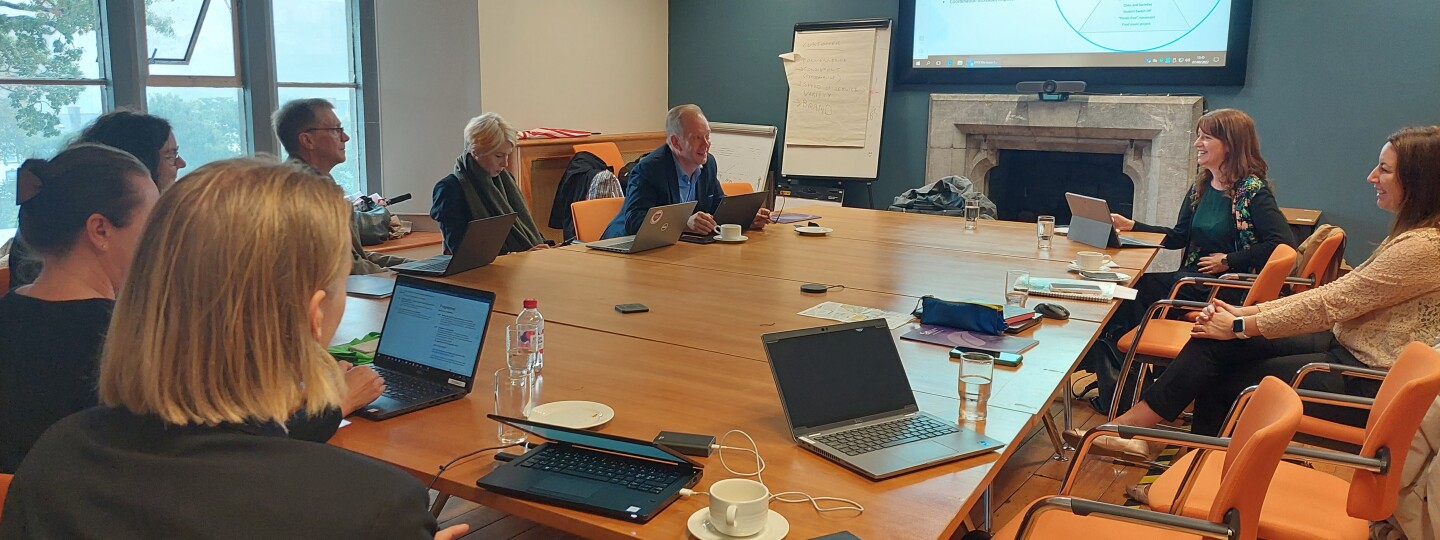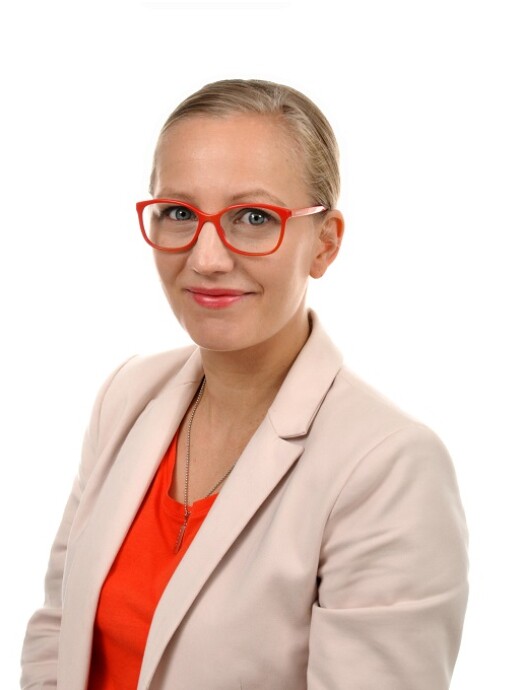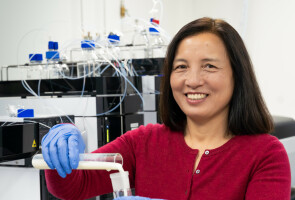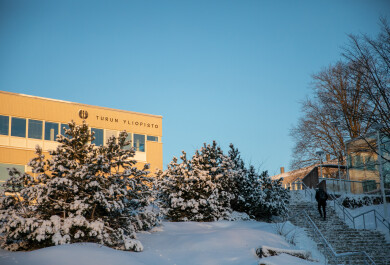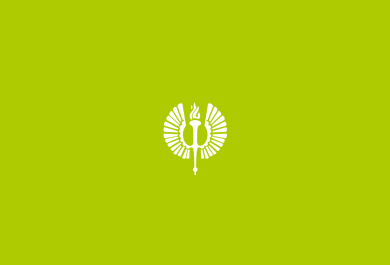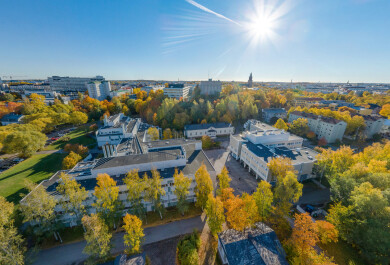The aim of the benchlearning exercise between the University of Turku and the University College Cork was to share experiences and knowledge of how sustainability can be successfully incorporated into university operations.
In 2018, the Finnish Education Evaluation Centre (FINEEC) introduced benchlearning as a new element into the Audit Manual for Higher Education Institutes. Benchlearning refers to an approach that links performance measurement, i.e. benchmarking, with mutual learning. By engaging in benchlearning activities, participants commit to sharing knowledge, experiences and practices with each other in order to gain a better understanding of different activities and new insights into development opportunities. As part of the statutory audit of their quality systems, higher education institutions can choose one benchlearning theme and one partner organisation with which the benchlearning activities will be implemented.
In the autumn 2020, the Steering Group for Quality Work of the University of Turku asked the University community for suggestions of a benchlearning theme. Sustainable development was selected from the proposals in January 2021. It is a central theme in the University’s Strategy 2030 and a cross-cutting topic embedded in all operations from research to education, societal interaction and campus development. The University College Cork (UCC) in Ireland was chosen as a benchlearning partner organisation because it has a long history of promoting sustainability throughout its community and activities. Furthermore, both universities are multidisciplinary and similar in terms of their size.
"Engaging in the benchlearning exercise with a partner like University College Cork was really a rewarding and useful experience for us. UCC is known for their work with sustainability, and their ‘student-led, research-informed and practice-focused’ approach to integrate sustainability in their activities is a great example to follow. The visit to UCC was especially valuable and we have brought home with us a lot of new ideas and inspiration," says Sustainable Development Specialist Jutta Mäkinen.
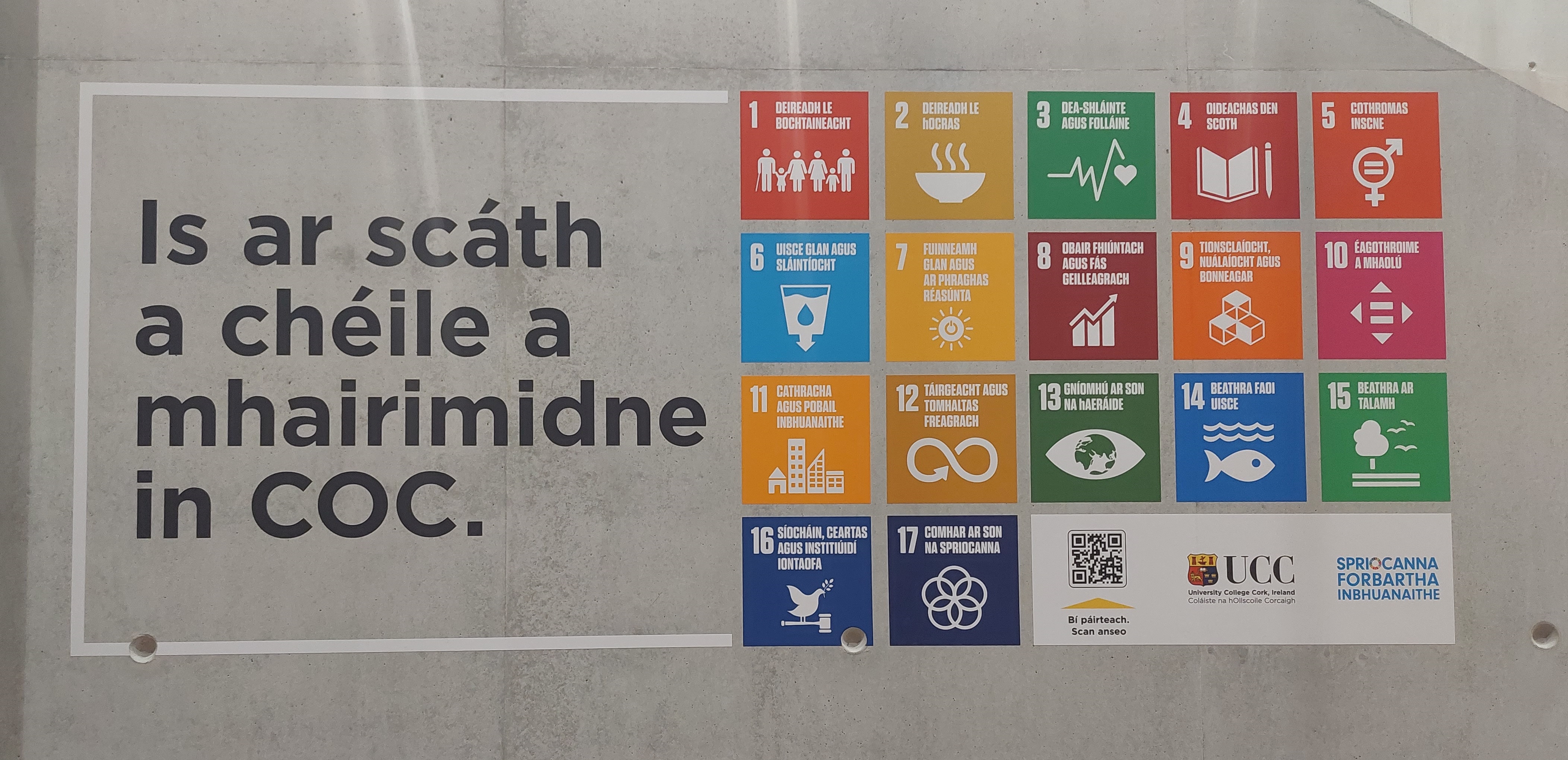
Benchlearning Exercise Provided Food for Thought and Development Ideas
The benchlearning exercise between the University of Turku and the University College Cork revolved around various interconnected topics which were discussed and explored in meetings and workshops. These topics included integration of sustainability in teaching across faculties and sustainability studies for all as well as student-centered learning, sustainability in research, mapping research against sustainable development goals, sustainability and carbon footprint, community engagement, and green campus activities. For the benefit of mutual learning, the topics were explored from the perspectives of both partners. The discussions between the partners involved relevant experts and staff members working with sustainable development as well as student representatives from both universities.
As part of the benchlearning exercise, representatives from the University of Turku visited the University College Cork in September 2022. The visit provided an opportunity to explore how sustainable development is actually embedded in the UCC teaching, research, operations and everyday campus life. Representatives from the University of Turku had a chance to tour the campus area, learn about the Green Campus Programme and visit the UCC’s Arboretum which boasts an impressive collection of approximately 2,500 trees from 120 different tree species across the campus. Moreover, the visit provided representatives from both partner organisations with an opportunity to meet benchlearning colleagues and discuss ongoing sustainability activities in more detail.
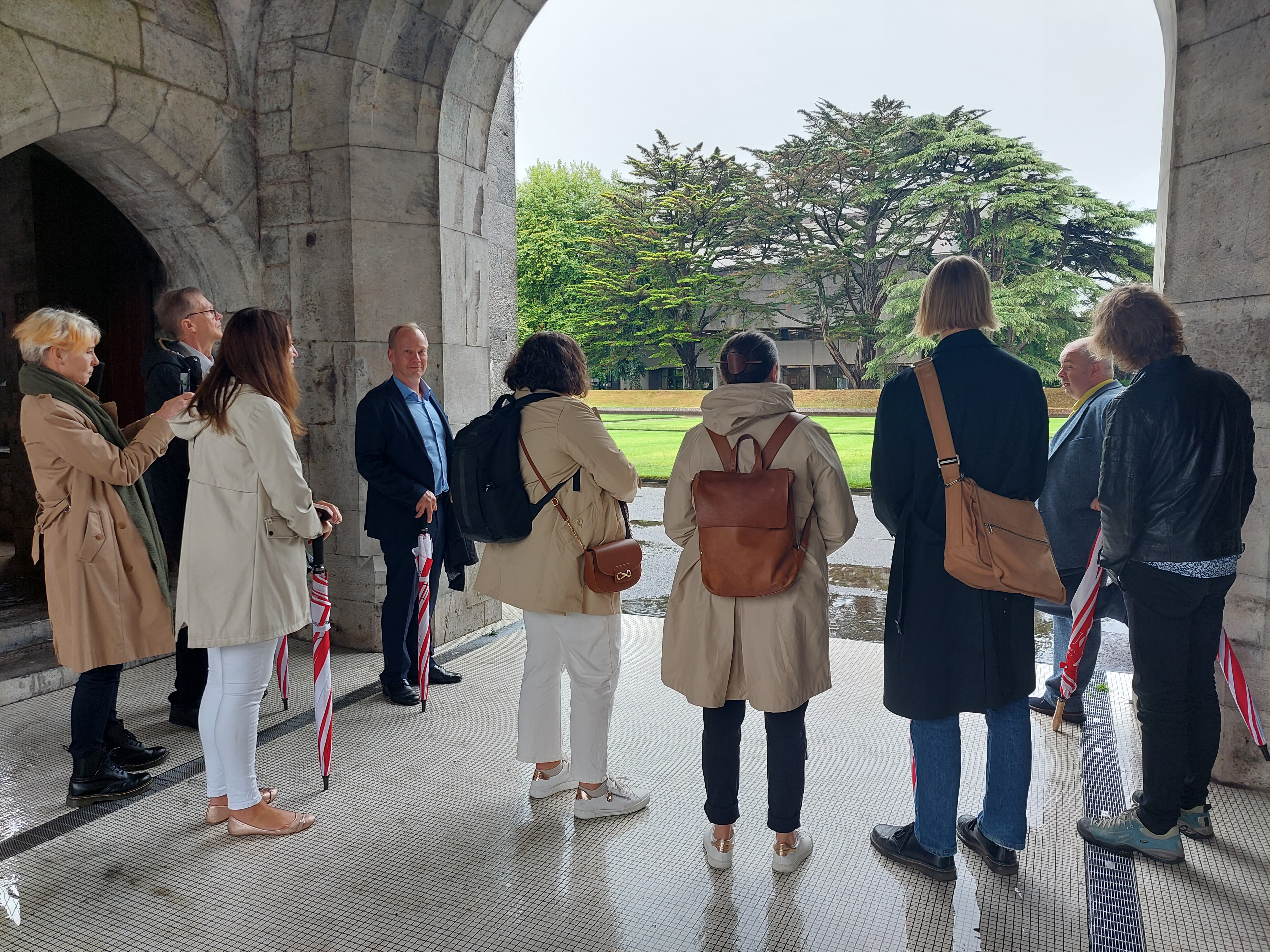
The processes and the outcomes of the benchlearning exercise will be evaluated in a public report which will be part of the University of Turku’s self-evaluation report published by the end of 2023. The overall objective is that the benchlearning exercise will result in new and strengthened core competences in sustainable development which, in turn, will enable both universities to reach their sustainability goals.
"During the process, it was remarkable to notice the many similarities between our institutions and, at the same time, find the differences and opportunities to learn. We are in the process of gathering all the valuable lessons and practices we learned from this benchlearning exercise and are looking forward to discussing these internally to see how to further strengthen our own activities related to sustainability at the University of Turku," says Mäkinen.
